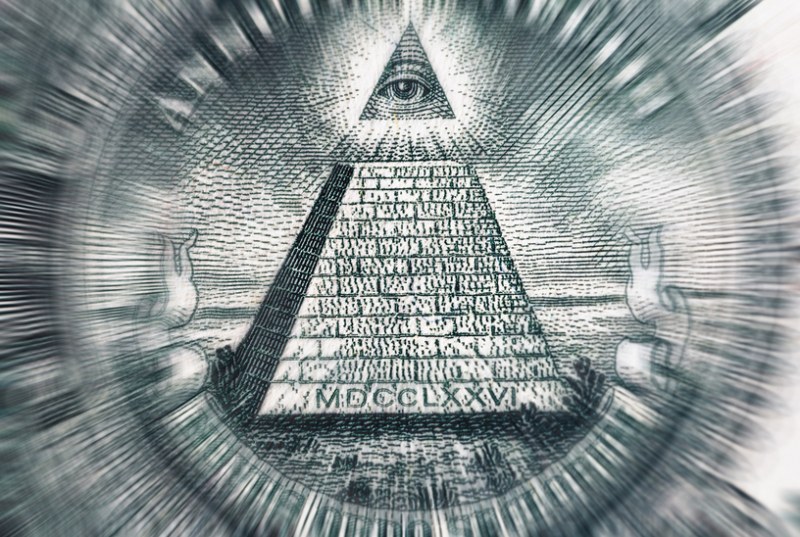According to psychologists, people who believe in hoaxes need to stand out from the rest, to be unique
The 21st century is the time of technology and the Internet. All kinds of information are quickly and easily accessible. Conspiracy theories, the people who spread them, and those who believe in them multiply exponentially. A typical example of recent months is the COVID-19 pandemic and the entry of the 5G network and technologies, for which opinions are widely and polished.
Unlike the mystifications that Elvis is alive, Hitler lives in South America with a changed face, and the Earth is flat, the new generation of conspiracies are far more dangerous because they concern millions of people and put their lives at stake.
This makes psychologists increasingly interested in the spread of conspiracy theories and their impact on people.
The most famous conspiracy theories are related to secret societies and organizations that control our lives and literally decide what will happen to us “tomorrow” globally.
According to psychologists, people who believe in conspiracy theories need to stand out from the rest, to be unique. This is due to the fact that conspiracies are something unconventional, based on scarce information known to a very small number of people.
A study of a group of people found that a person who believes in a conspiracy theory has the following character traits: distrust of conventional, low levels of cooperation with others, society, the state, and a focus on one’s own interests.
In France, for example, it turns out that supporters of extreme political formations tend to believe in conspiracy theories – 20% of Melenchon’s followers, 27% and those of Le Pen against a dozen centrist voters.
Very often conspiracy theorists are people with radical political views who generally do not have access to politics – and this is what pushes them to the idea of conspiracies. The belief that it’s all a giant conspiracy helps in another way: it explains why you, I, and I are still “fucked up.”
People who believe in conspiracies are most often narcissistic in nature, antisocial and alienated from society. In most cases, they reject conventional explanations and turn to different groups that give them a sense of belonging, but at the same time alienate them even more from the masses.
Another study described people who believed in conspiracies as “losing control of the situation and becoming helpless in the face of what was happening around them.” Through conspiracy theories, this group of people seeks an explanation for the chaos that surrounds them, and the conspiracy itself brings a kind of order to their daily lives.
At the household level, conspiracies are also harmful because they make us suspicious of the people we interact with. And this is certainly not good for either side.









